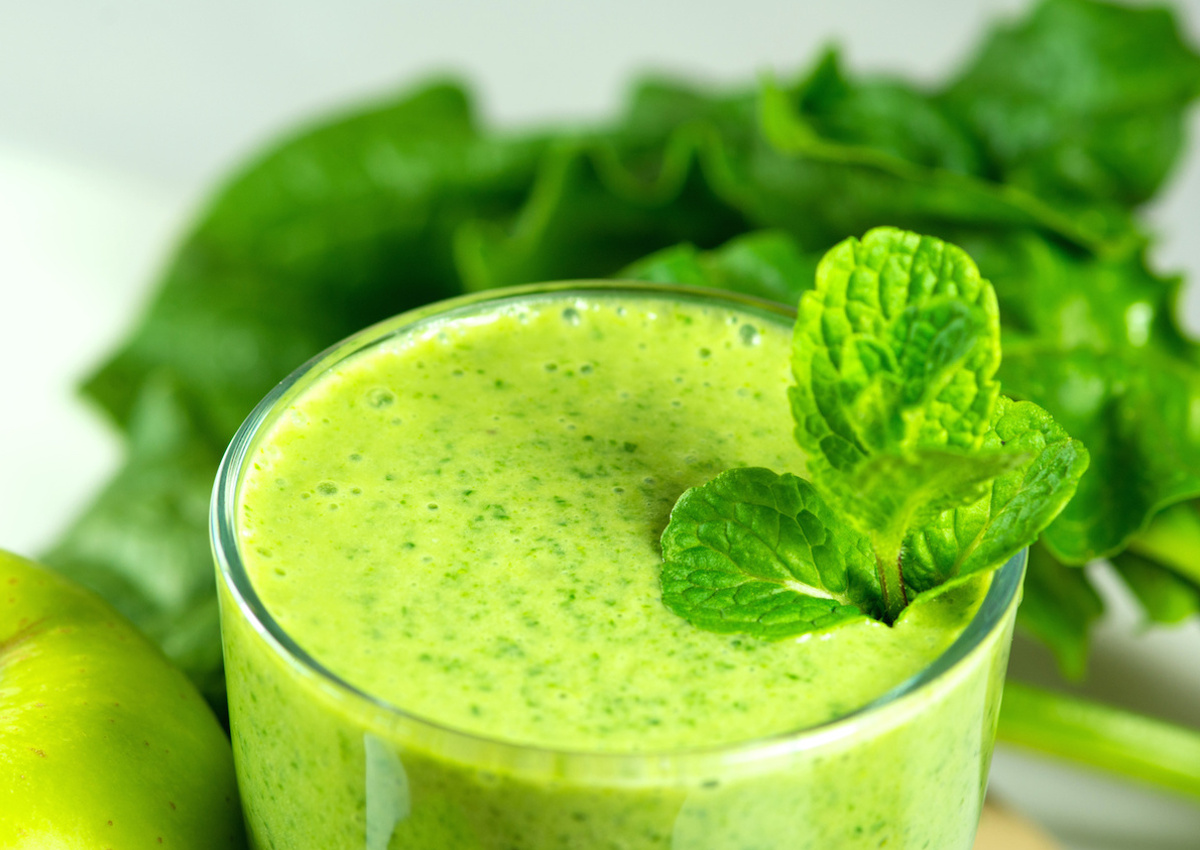
The European Parliament has approved new rules that aim to provide consumers with certainty over the quality of organic products and support growing organic production. The original proposals put forward by the Commission focused primarily on regulating the presence of pesticides in organic products. The new rules are more about animal welfare, soil usage and the production of food. There also would be tighter rules on imports. It is estimated that over half of organic products are imported to the EU. Spot checks to monitor standards will be extended to countries where the EU does not have a bilateral agreement on organic equivalency. About 90% of products likely to be subject to direct EU monitoring come from neighboring countries in the east of Europe, which are big exporters of organic grains. The Parliament also included a series of measures designed to support the development of organic production within Europe. Farms that grow both organic and conventional produce will be allowed, on the condition that the two activities are segregated. Development of legislation to implement the new rules is scheduled to begin this month.
Shoppers want healthy snacks
Health and well-being is increasingly important for shoppers, influencing consumer choice when it comes to categories such as snacking. Healthy snacks such as nuts, popcorn, baked and vegetable crisps/chips, and individually portioned fruit are helping to boost ‘on the go’ product sales across Europe, according to a new study of six major European countries (UK, France, Germany, Italy, Spain and the Netherlands) by IRI. Overall, the ambient food category was worth 96 billion euro across these countries last year and grew by +1.4% on average. Germany and the Netherlands showed the biggest growth, with ambient sales up +2.3% year on year in both markets. Double-digit growth of vegetable chips is being fueled by new product development, including root vegetable, pea, rice, and lentil variants, from niche and mainstream brands, IRI said. Demand for healthier products also extends to the beverage category, with bottled mineral water volume now growing faster than colas across all countries.
